
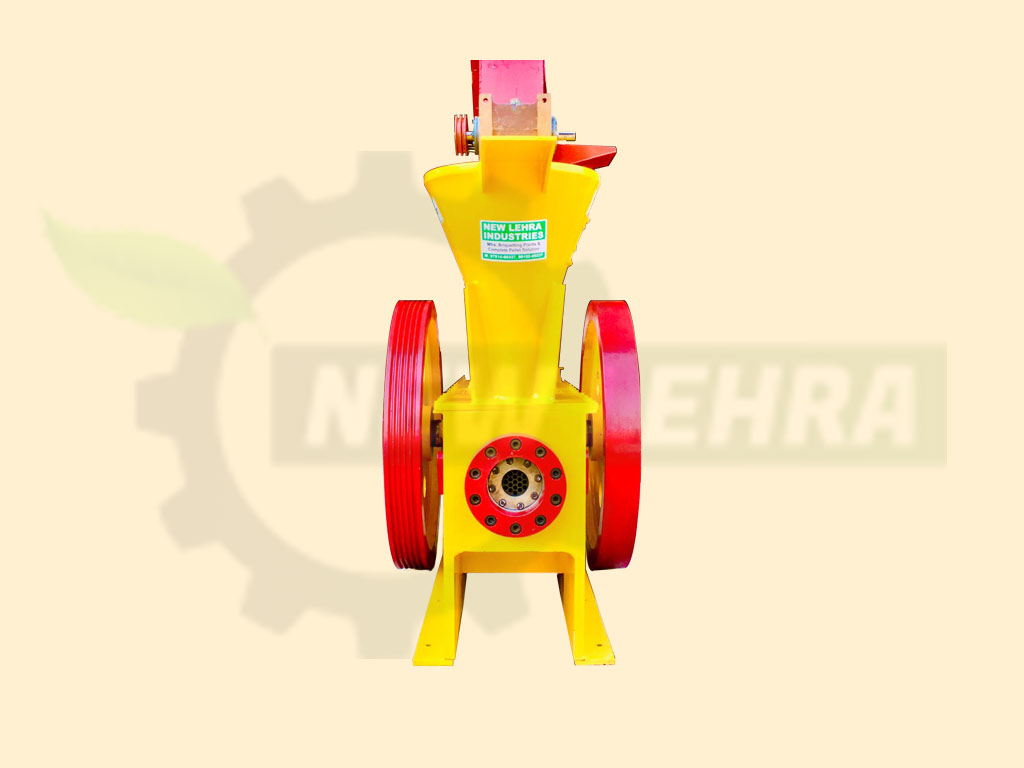

Biomass Briquetting Machines
Briquette Machine is used to make Briquette out of any agricultural and forest waste. Briquette are used in the replacement of fossil fuels which intern proves to be an environmental friendly product. This a Binder less technology. No adhesive or binder is used while producing Briquettes from our machines.
Raw materials: Raw materials which can be used to make Briquettes:
Agricultural waste: Rice husk, Mustard husk, Paddy straw, Groundnut shells, Cotton stalks, Sugarcane leaves and trash, Coconut shells, Arhar stalks, Coir pith, Coir dust, Bamboo sticks, Bamboo dust, Coffee waste, Corn cobs waste, Coffee waste etc.
Forest waste: Saw dust, Wood chips, Tree branches, Wood shavings, Tree twigs, Veneer waste, Pine needles etc.
Other waste: Press Mud, MSW, Paper waste, Bagasse.
*Input raw material has to be in granulated form with the moisture content between 8-12%
Briquette Size: 40mm/60mm/70mm/90mm/100mm
Also known by : Briquetting Machine, White coal making machine, Bio coal machine, Jumbo 90 machine, Wood dust Briquette Machine, Rice husk Briquette machine, Paddy Straw Briquette Machine, Press mud Briquette Machine, Mustard Husk Briquette Machine, Bamboo dust Briquette Machine etc.
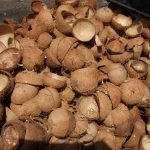
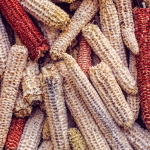
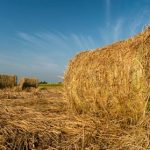
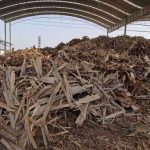
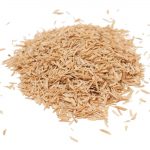

FAQs
A briquette machine, also known as a briquetting machine, is a device that compresses a powdered material such as charcoal, sawdust, or biomass into a briquette. Briquettes are made of various materials and are used for different purposes such as fuel, cooking, and industrial processes.
The briquetting process involves compressing the material with high pressure and temperature, using a piston or a screw. The pressure and temperature cause the material to soften and bind together, forming a dense and solid briquette.
Briquette machines come in various types and sizes, ranging from small manual machines to large fully automated systems. They can be powered by electricity, diesel, or gasoline engines, or even by hydraulic systems.
Briquette machines are used in various industries such as agriculture, forestry, and manufacturing. They are used to produce briquettes for fuel, charcoal, and other applications. Briquettes are a sustainable and eco-friendly alternative to traditional fuels such as coal and wood, and can help reduce carbon emissions and deforestation.
Briquette machines are used to produce briquettes from various materials for a variety of purposes. Here are some common uses of briquette machines:
Fuel: Briquettes made from biomass such as wood, sawdust, and agricultural waste are used as fuel for heating and cooking in homes, restaurants, and industries.
Charcoal: Briquettes made from charcoal powder are used as a substitute for traditional charcoal in grilling and barbecuing.
Industrial processes: Briquettes made from industrial waste such as metal chips, dust, and shavings are used in manufacturing processes to reduce waste and save on raw material costs.
Animal feed: Briquettes made from animal waste such as poultry manure and cow dung can be used as a fertilizer and a source of protein for animal feed.
Recycling: Briquette machines are used to compress and recycle waste materials such as paper, cardboard, and plastic.
Overall, the use of briquette machines provides a sustainable and eco-friendly alternative to traditional fuels and materials, while also helping to reduce waste and save on costs.
There are several types of briquette machines, each with different designs and capabilities. Here are some of the most common types:
Mechanical briquette machine: This type of machine uses a mechanical crank or lever to compress the material. It is typically used for small-scale production and is manually operated.
Screw press briquette machine: This type of machine uses a screw to compress the material. The screw rotates inside a chamber, forcing the material through a die to form a briquette. Screw press machines are commonly used for large-scale production and can be fully automated.
Hydraulic briquette machine: This type of machine uses hydraulic pressure to compress the material. The material is fed into a chamber, where it is compressed by a hydraulic piston. Hydraulic machines can produce briquettes of high density and quality, and are suitable for large-scale production.
Piston press briquette machine: This type of machine uses a piston to compress the material. The piston is driven by a hydraulic system, which applies pressure to the material to form a briquette. Piston press machines are typically used for small to medium-scale production.
Roll press briquette machine: This type of machine uses two rollers to compress the material. The material is fed between the rollers and is compressed into a briquette. Roll press machines are commonly used for industrial-scale production and can produce briquettes of high density and quality.
Each type of briquette machine has its own advantages and disadvantages, and the choice of machine depends on factors such as the type of material, the desired output, and the available resources.
